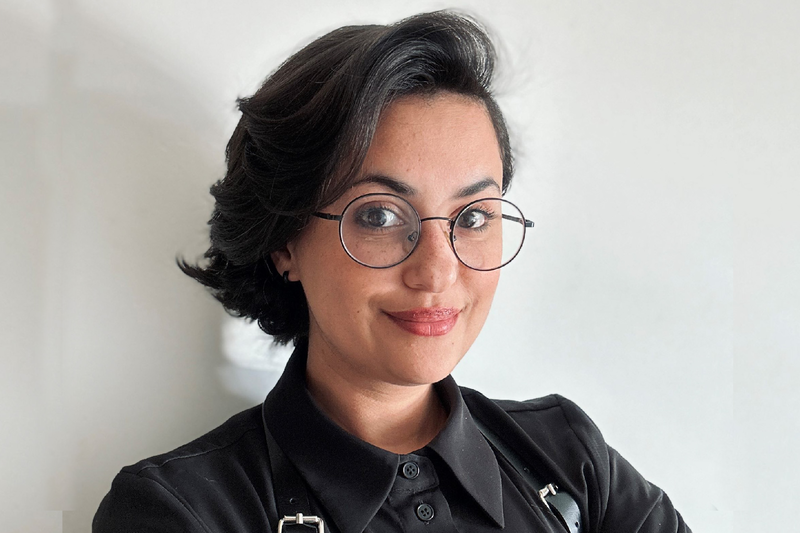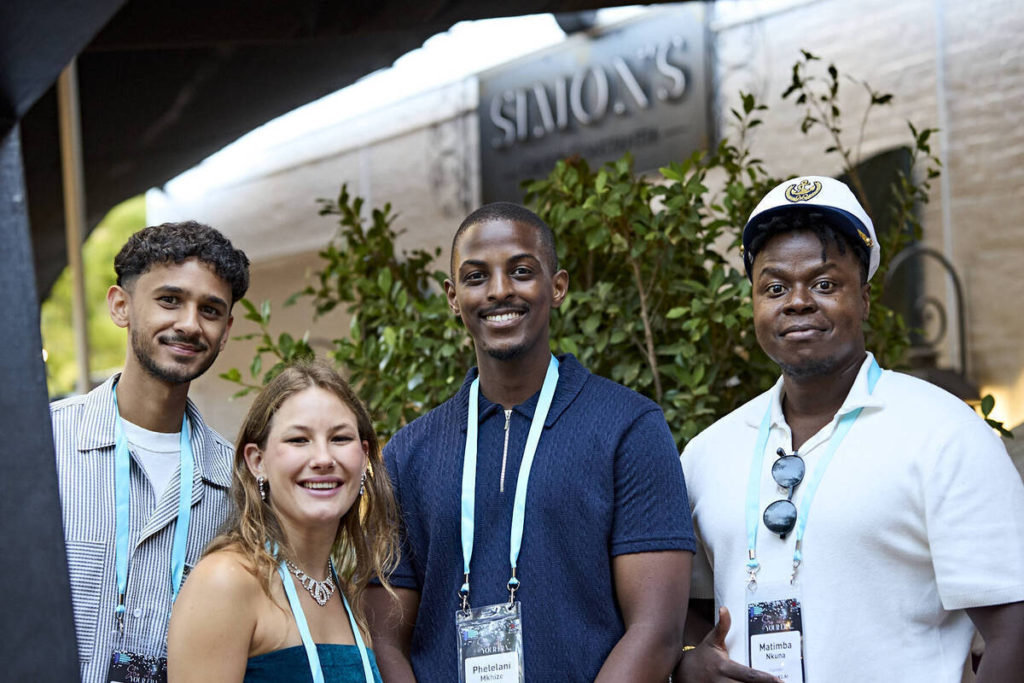BY Nkosazana Ngwadla
Thanks to her unique research on the subjective meanings of sex, sexuality, and sexual pleasure, Kylie Marais has earned an international Pleasure Fellowship – making her one of only 16 scholars from around the world to receive this prestigious fellowship this year.
Marais is a PhD candidate in the University of Cape Town’s (UCT) Department of Anthropology. Her doctoral research focuses on the sexual subjectivities of several contemporary, self-identified coloured women from Cape Town. As part of her study, she conducted intimate interviews with 15 women on their individual meanings of sex, sexuality, and sexual pleasure. This work has paved the way for this fellowship opportunity.
“The topic of sexual pleasure is gaining momentum globally. As an example, the World Health Organization acknowledges that pleasure is a central aspect of being human and can assist with addressing various challenges in our sexual lives,” Marais said.
“And that’s not all, the World Association for Sexual Health recently established a Declaration on Sexual Pleasure that recognises pleasure as a fundamental part of sexual rights, sexual health, and sexual well-being. The fact that the topic has now entered the global stage is testament to its importance.”
Marais explained how she was selected, “In May, I submitted an online Pleasure Fellowship application that involved answering a set of questions about my research interests on sexual pleasure. I was also asked to propose a personal project related to pleasure that I plan to develop over time, which I then provided. I was overjoyed when I heard that I was successful. The Pleasure Project received more than 500 applications from pleasure activists all over the world, but they could only select 16 candidates for the 2023 cohort. This year, the fellows represent diverse sex-related industries. I’m also the first selected South African fellow, which makes me incredibly proud.”
“I must acknowledge that while the topic of sexual pleasure is slowly gaining momentum in South Africa, especially in the media, it remains absent in our educational system, as well as in sexual health research more broadly.
Sadly, because we have such high levels of sexual and gender-based violence, and sexual health is one of our biggest challenges, it has resulted in mostly sex-negative messages. So, topics on sex are framed mainly around fear and risk rather than pleasure. I believe that everyone has the right to sexual pleasure and that pleasure can empower people to claim ownership over their own sexual bodies. I hope that through my doctoral research and the Pleasur-ed project I can help others see the wider personal and social value of sexual pleasure and promote pleasure education for all – regardless of gender, race, age, sexuality or disability,” she concluded.
Image and source: UCT












